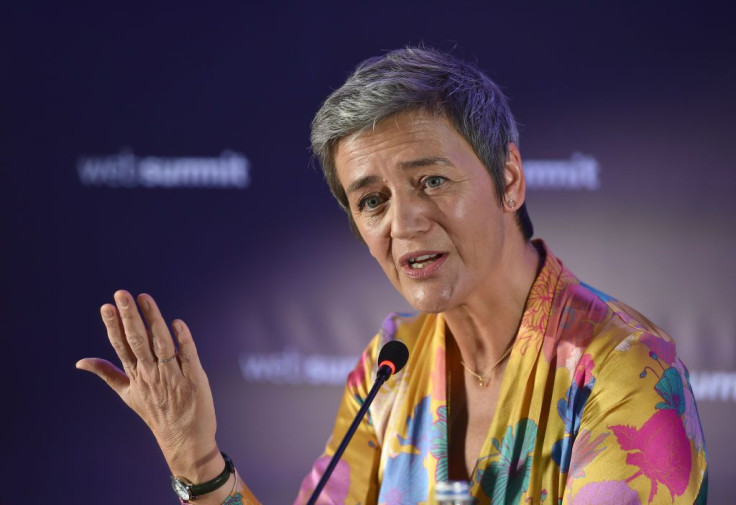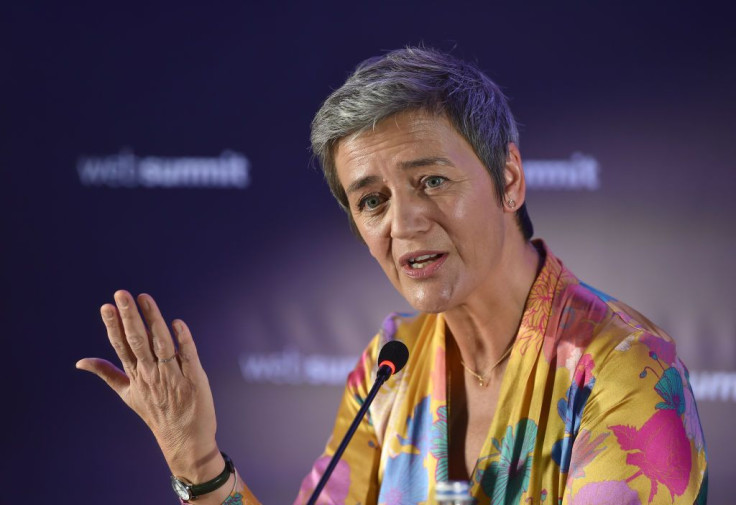France Says EC Decision Opens Door to China Dominating European Railway Market

France is blasting the European Commission (EC) for disallowing the merger of railways firms Alstom SA and Siemens Mobility that would have created a powerhouse European railway giant capable of taking-on China’s CRRC Corporation Ltd, the largest train maker in the world.
The EC last week announced it blocked the merger of Siemens Mobility and Alstom on the grounds both companies failed to address its concerns over the potential impact of the deal on competition in the signalling and high-speed rolling stock markets.
It said the merger would have created the undisputed market leader in some signalling markets and a dominant player in very high-speed trains. On the downside, the merger would have significantly reduced competition in both these areas, claims the EC. It would have also deprived customers, including train operators and rail infrastructure managers, of a choice of suppliers and products.
European Commissioner of Competition Margrethe Vestager noted that without sufficient remedies, “this merger would have resulted in higher prices for the signalling systems that keep passengers safe and for the next generations of very high-speed trains. The Commission prohibited the merger because the companies were not willing to address our serious competition concerns.”
And, in reply to Alstom’s and Siemens’ concern that CRRC will steal business away from European firms, the commission said it considers it "highly unlikely that a new entry from China would represent a competitive constraint."
The commission said that if one also looks at demands in Europe in terms of security and references in high-speed rolling stock tenders, “this is a much more demanding task than having new tracks and running trains on new tracks. We don’t see the Chinese coming in the very high-speed train market.”
In Sept. 2017, Alstom announced a proposal to merge with Siemens Mobility, the rolling stock business of Siemens AG. It said the aim of the mega-merger was to create "a new European champion in the rail industry.”
The combined firm would have been named Siemens Alstom. It would have had $18 billion in revenue and employed 62,300 people in more than 60 countries.
Siemens Alstom was also seen as a measure to counter the rise of CRRC. The governments of France and Germany fully supported the merger. Alstom shareholders overwhelmingly approved the deal in July 2018.

French Economy Minister Bruno Le Maire was displeased with the EC decision and called for the bloc to change its competition rules.
"I think it was a mistake from the EU Commission to refuse that merger between Alstom and Siemens," said Le Maire.
"I strongly believe that the right solution is not more division, but more cooperation among French, German and other European companies. That's exactly what we proposed with the merger between Alstom and Siemens ... The Commission took that decision, of course we will abide by that decision, but we will make very strong proposals to change the rules of competition and to allow European industrials to merge and to be stronger," said Le Maire.
He called for competition rules to be changed to enable European firms to become stronger on the global stage.
"Let's have a look at reality. We are facing a huge challenge with the rise of the Chinese industry. What do we do? Shall we divide the European forces, or try to merge the European forces from the industrial point of view?" asked Le Maire.
Following the adverse EC ruling, Siemens and Alstom immediately confirmed the merger will not go ahead.
© Copyright IBTimes 2024. All rights reserved.





















